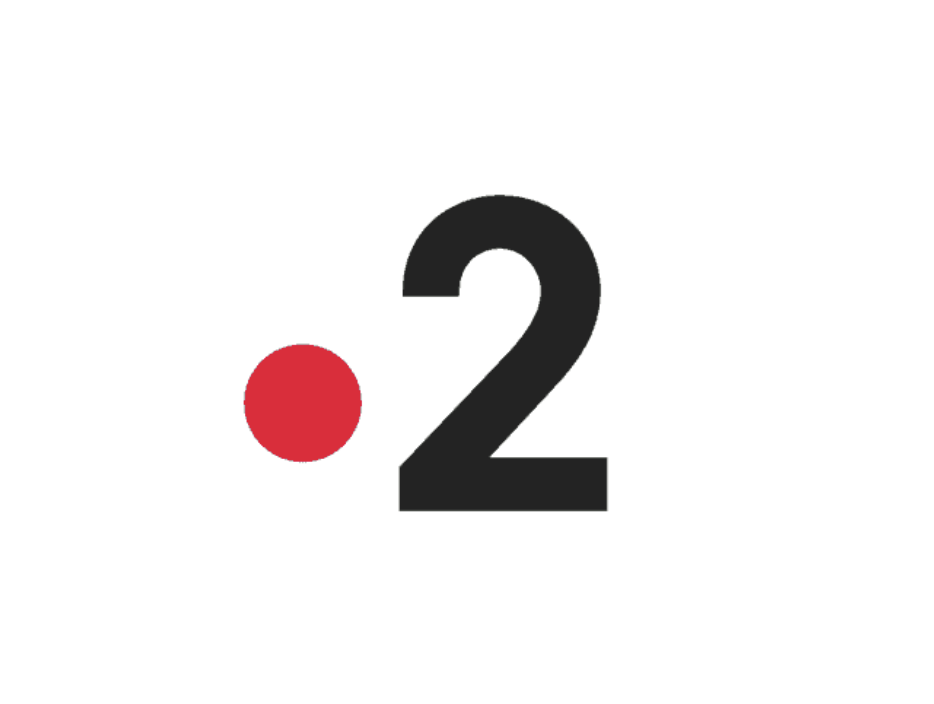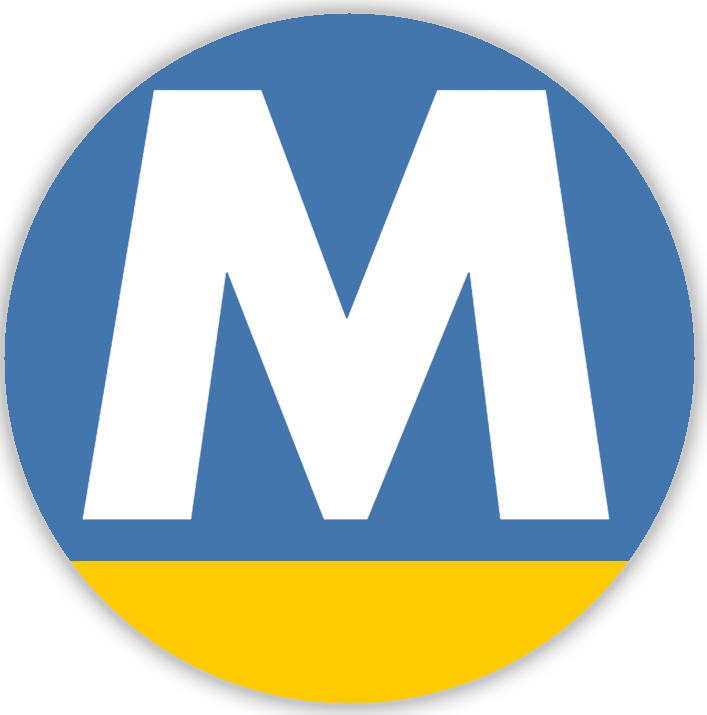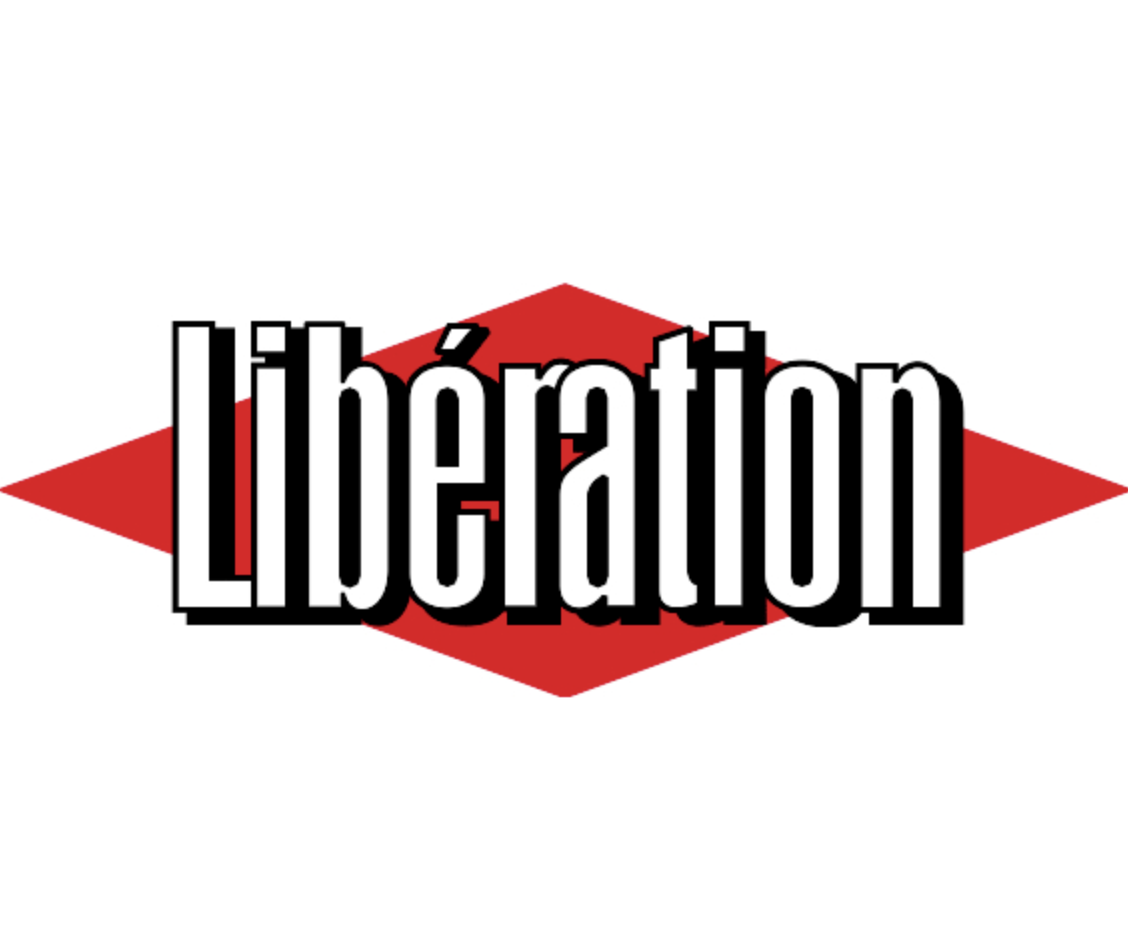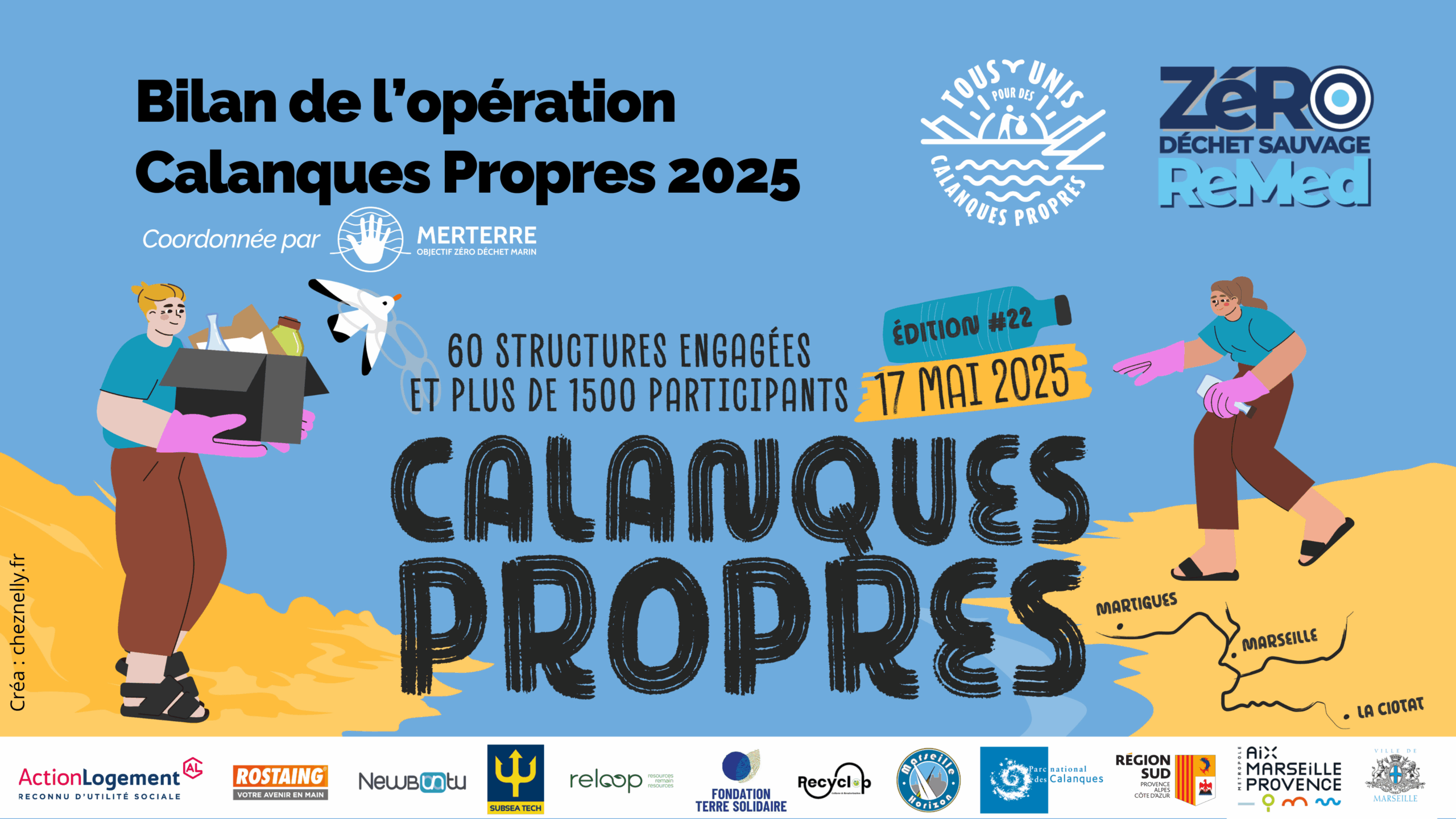Calanques Propres
De la Côte Bleue à La Ciotat, des centaines de citoyen·nes, associations, collectivités et entreprises unissent leurs forces chaque année pour nettoyer et protéger le littoral méditerranéen.
La 23ᵉ édition aura lieu le samedi 25 avril 2026.
Calanques Propres,
c'est quoi ?
Calanques Propres est une opération annuelle de nettoyage citoyen du littoral méditerranéen, portée par l’association MerTerre.
Elle mobilise participants et structures pour ramasser les litter problem., en particulier les plastiques, et collecter des données scientifiques grâce à la plateforme ReMed Zéro Plastic.
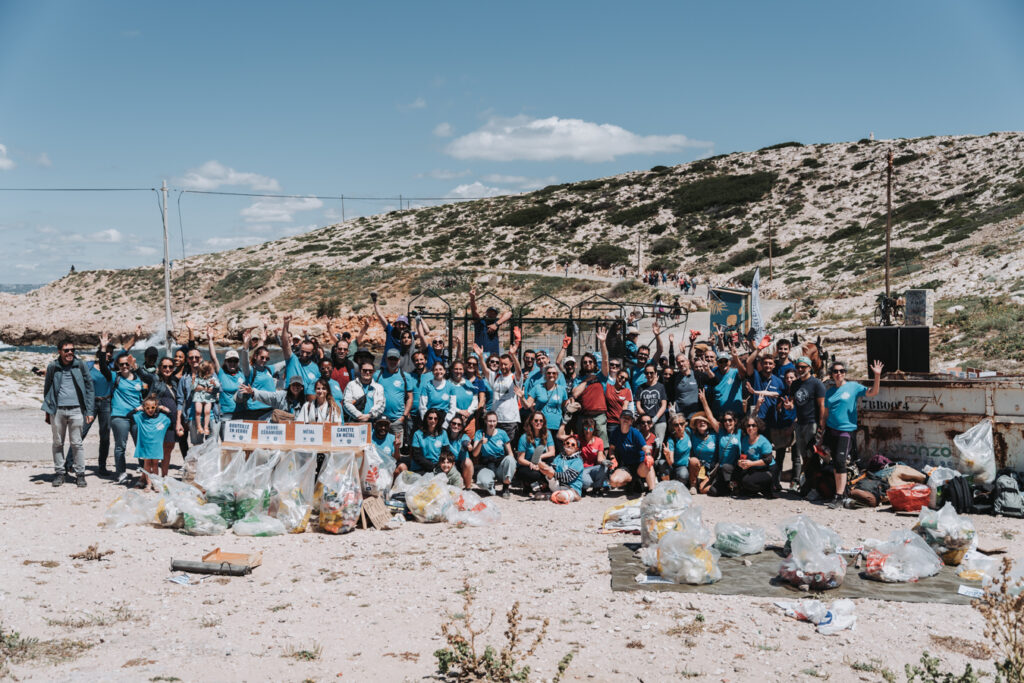
Historique et Expertise
1993 : L’Union Calanques Littoral et Mountain Wilderness initie la première opération sous le nom Calanques Propres.
2002 : La Mairie d’Ensuès-la-Redonne reprend l’opération lors de ses propres actions.
2003 : L’association Marseille Horizon fédère les structures du littoral déjà engagées dans des actions de ramassage.
2005 : MerTerre rejoint l’opération, apportant son expertise dans la caractérisation quantitative et qualitative des déchets.
2008 : La coordination est confiée à MerTerre, et l’opération s’étend progressivement de la Côte Bleue à La Ciotat, et vers l’intérieur des terres (Huveaune et Aygalades) sur plus de 39 zones.
2019 : Création de la plateforme ReMed Zéro Plastic, soutenue par la Région Sud, le Ministère de la Transition Écologique et le Muséum National d’Histoire Naturelle, pour centraliser et analyser les données.
Dirigée par Isabelle Poitou, biologiste et Docteure en Aménagement et Urbanisme, spécialiste des déchets abandonnés diffus et marins, MerTerre assure :
La formation des participants aux méthodes de collecte et caractérisation des déchets
La centralisation et l’analyse des données sur la plateforme ReMed
La production de recommandations concrètes pour réduire la pollution
L’alimentation des plans de gestion et politiques publiques pour protéger le littoral
Les objectifs principaux
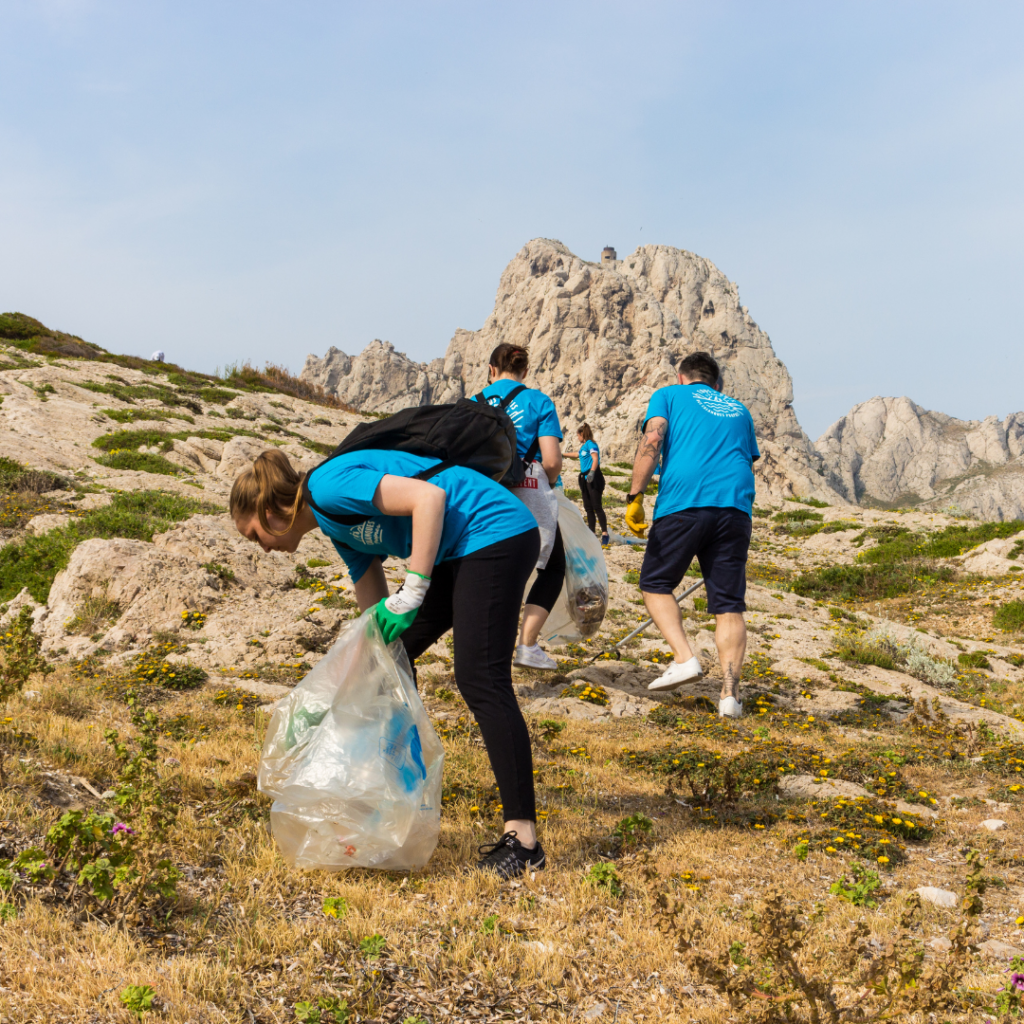
Réduire les déchets abandonnés et plastiques
Unir les forces pour lutter contre les déchets diffus, en particulier les plastiques susceptibles d’atteindre la mer.

Alerter sur l’urgence environnementale
Faire entendre le cri d’alerte des participant·es face à l’ampleur de la pollution dans des écosystèmes marins fragiles..

Nettoyer le littoral et les milieux aquatiques
Agir concrètement sur le terrain : littoral terrestre, marin et certaines portions de cours d’eau.

Sensibiliser citoyens et décideurs
Interpeller les pouvoirs publics et la population sur les conséquences de l’abandon de déchets hors des systèmes de collecte.
Comment participer ?
Citizen
Consultez régulièrement la carte des actions sur notre plateforme ReMed Zéro Plastic pour trouver le ramassage que vous souhaitez rejoindre.
Association
Inscrivez-vous auprès de MerTerre pour rejoindre et participer à l’opération Calanques Propres en complétant le formulaire et en signant la charte de l’opération.
Local authority
Contactez-nous pour savoir ce qui se passe sur votre territoire pendant Calanques Propres ou faire remonter vos besoins.
Company
Contactez-nous pour nous rejoindre sur le terrain en organisant un team building ou pour soutenir l’opération.
Ils parlent de
Calanques Propres
